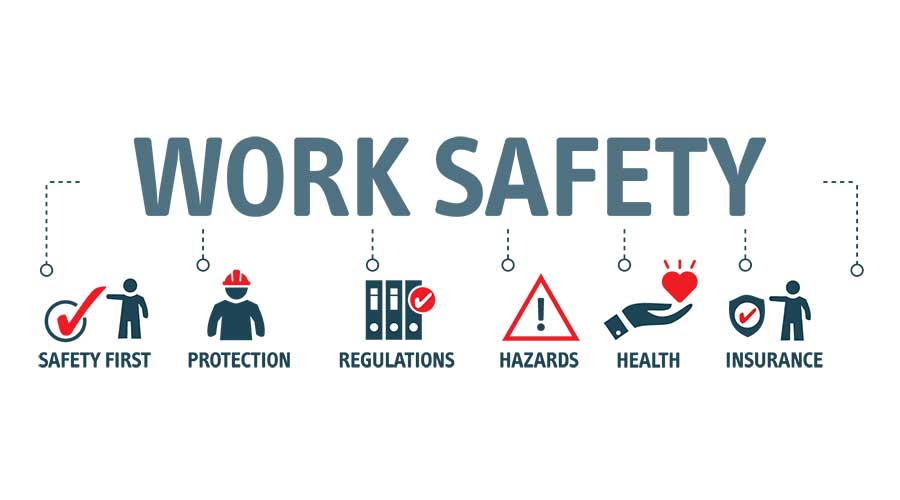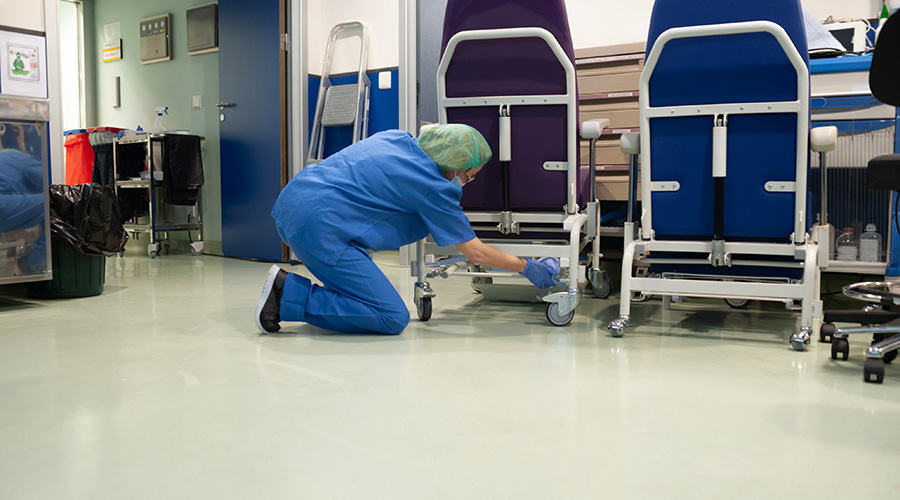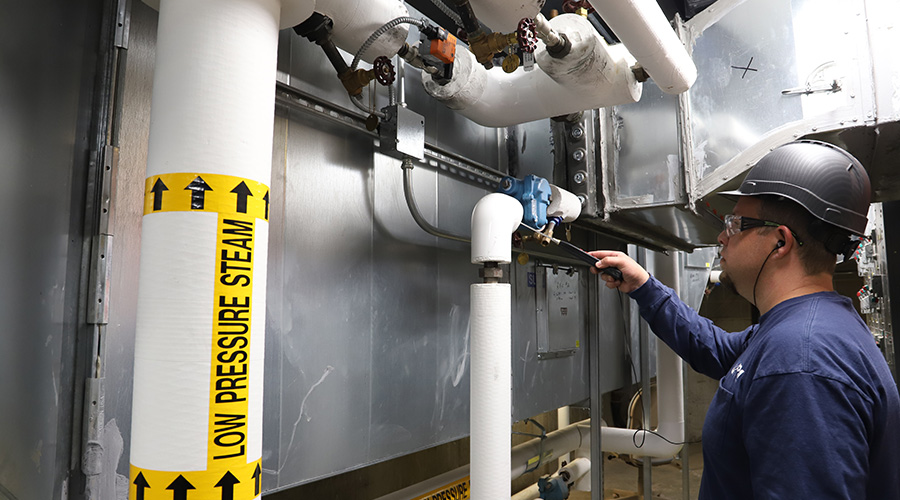The average risk of three healthcare-associated infections (HAIs)— including Methicillin-resistant Staphylococcus aureus (MRSA), central line-associated bloodstream infections (CLABSI) and catheter-associated urinary tract infections (CAUTI)—spiked to a five-year high in hospitals during the COVID-19 pandemic and remain high, according to The Leapfrog Group’s spring 2023 Hospital Safety Grade data. The Safety Grades also show a continued decline in patient experience measures, which are reported by patients and correlated with patient outcomes.
The Leapfrog Group compared this Safety Grade cycle’s infection data, which covered late 2021 and 2022, to the 2021 Safety Grades, covering the period immediately prior to the COVID-19 outbreak. The analysis found that:
- Average CLABSI standard infection ratio increased by 60 percent;
- Average MRSA standard infection ratio increased by 37 percent; and
- Average CAUTI standard infection ratio increased by 19 percent.
Across the country, increases in infections varied by state:
- 32 out of the 50 states had a significant increase of CLABSI, with the biggest increase in West Virginia;
- 18 out of the 50 states had a significant increase of MSRA, with the biggest increase in West Virginia; and
- 11 out of the 50 states had a significant increase of CAUTI, with the biggest increase in New Mexico.
The 2023 spring Safety Grades measure six different HAIs using the standardized infection ratio, a statistic that compares the actual number of HAIs at each hospital to the predicted number of infections. Although MRSA, CLABSI and CAUTI worsened, Clostridioides difficile (C. Diff) improved 15 percent from spring 2021 to spring 2023 and there was not a significant change for surgical site infections following surgery.
Of the over 30 measures used to generate Hospital Safety Grades, The Leapfrog Group reports on five patient experience measures that have a direct impact on patient safety outcomes: nurse communication, doctor communication, staff responsiveness, communication about medicine and discharge information. Nationally, the average of all five measures declined when compared to pre-pandemic numbers. Compared to the 2021 spring Hospital Safety Grade report covering 2019, the new spring 2023 Hospital Safety Grade results, covering data from 2021 and 2022, found the most significant declines in communication about medicine (4.28 percent decline) and staff responsiveness (3.46 percent decline).
Additional highlights from the spring 2023 Safety Grades include:
- 29 percent of hospitals received an “A,” 26 percent received a “B,” 39 percent received a “C,” six percent received a “D,” and less than one percent received an “F.”
- The top ten states with the highest percentages of “A” hospitals are: New Jersey, Idaho, Utah, Pennsylvania, Connecticut, North Carolina, South Carolina, Colorado, Virginia and Massachusetts.
- There were no “A” hospitals in Delaware, District of Columbia or North Dakota.
The Leapfrog Hospital Safety Grade is the only hospital ratings program based exclusively on hospital prevention of medical errors and harms to patients. The grading system assigns a letter grade to nearly 3,000 U.S. general hospitals. It is fully transparent and free to the public, and grades are updated biannually in the fall and in the spring.

 Biofilm 'Life Raft' Changes C. Auris Risk
Biofilm 'Life Raft' Changes C. Auris Risk How Healthcare Restrooms Are Rethinking Water Efficiency
How Healthcare Restrooms Are Rethinking Water Efficiency Northwell Health Finds Energy Savings in Steam Systems
Northwell Health Finds Energy Savings in Steam Systems The Difference Between Cleaning, Sanitizing and Disinfecting
The Difference Between Cleaning, Sanitizing and Disinfecting Jupiter Medical Center Falls Victim to Third-Party Data Breach
Jupiter Medical Center Falls Victim to Third-Party Data Breach